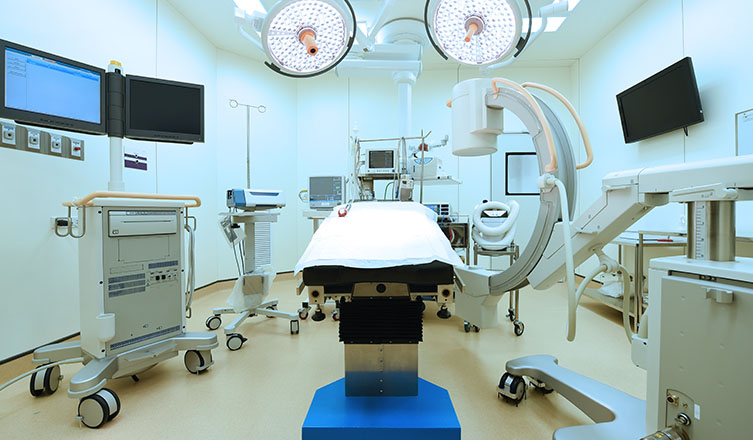Featured
- Get link
- X
- Other Apps
Bridging Africa’s Healthcare Gap-The PPP advantage-The Panagora Blog
Bridging Africa’s Healthcare Gap-The PPP advantage

The quality of health in a country has been proven to have direct impact on its economic prosperity. This is because health ties directly to people’s productivity, which is the mainstay of any economy. The healthier a nation’s population is, the wealthier the nation will be. This explains why governments across the world pay serious attention to issues of healthcare administration and delivery; and the level of investment in it is one of the yardsticks for measuring the success or failure of a government.
There are arguments about global benchmark for investment in healthcare sector. Whatever school of thought one belongs, most African countries has still lagging in quality healthcare delivery systems and administration due to lack of the right equipment, limited access to health facilities, poor maintenance culture, outdated equipment, low investment and the consequent migration of medical personnel to developed countries.
From rural to urban areas, medical practitioners, especially doctors, are struggling to save lives and provide qualitative health services due to paucity in diagnostic equipment, increasing ratio of patients to doctors, poor operating environment and absence of essential medicines. This trend, couple with the poor remuneration has resulted in a massive brain drain of African medical personnel to developed countries, where the wages and working conditions are better and considered more befitting.
It is estimated that by 2035, sub-Saharan Africa will need 4.3 million doctors for it to deliver the qualitative health services. In Nigeria for example, doctor-to-population ratio is 0.3 per 1,000 persons, according to the World Health Organization. This is evidently contributing to the increase in medical tourism, which is estimated at 400 billion annually, according to Newspaper reports.
To address this scourge, control the increasing rate of doctors’ migration, and ensure that the people have quality healthcare that they can afford; report says Africa will need the $66 billion annual health finance – and that finance will have to be powered by the private sector. The bulk of the fund is expected to be expended on equipment, essential medicines and the training and retaining of health workers, especially doctors on the continent.
Lessons from the developed countries
While private sector provides the necessary processes and strategic execution of varied activities, governments need to provide enabling framework and policies that would help in delivering the expected values to Africans and the continent.
This is a working model in France, Italy, San Marino and other countries ranked by the World Health Organization as having better healthcare systems. These countries have consistently ensured that their health systems enable citizens to receive healthcare solutions when they are needed and deliver to them at costs that meet their levels of income in specified locations.
In France, Italy and San Marino, universal healthcare coverage is driven in collaboration with the private sector; providing the countries with not just well-maintained infrastructure, but reliable supply chains of medicines and technologies.
Apart from France, Italy and San Marino, the US government also ensures significant participation of private sector in healthcare delivery. The private sector and some Non-Governmental Organisations bring in more equipment such as Colonoscope, Defibrillator, Electrocardiograph, Hemodialyzers, CO2 laser, Mammography, and expertise from Asia and Africa. Federal agencies are also collaborating with the private sector in modern technological advancements to reduce higher prevalence of chronic diseases.
To restore Africa’s healthcare system, the healthcare environment is going to play a critical role. The environment just needs to be right for the patients, healthcare professionals, healthcare equipment and the process of healthcare delivery and administration. As the case stands, the volume of what needs to be done seem to be outweighing the resources, capabilities and capacity of the government, the private sector needs to be given the right policy and legislative environment to turn around the fortune of the African healthcare system.
Popular Posts
22 Digital Marketing Trends You Can’t Ignore Going Into 2020-Panagora Blog
- Get link
- X
- Other Apps

Comments
Post a Comment